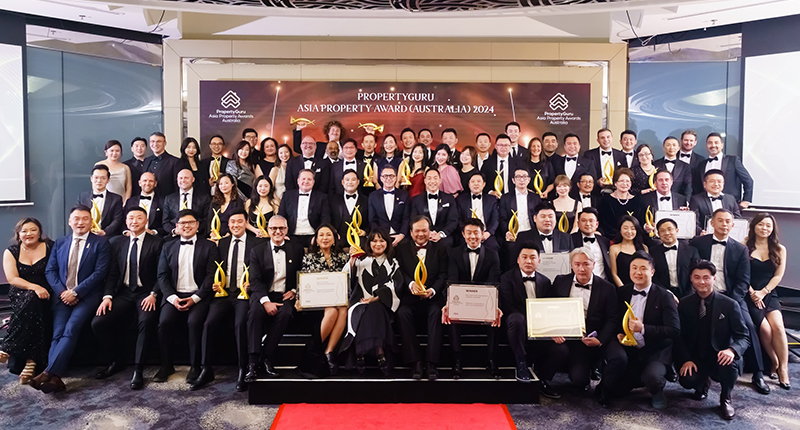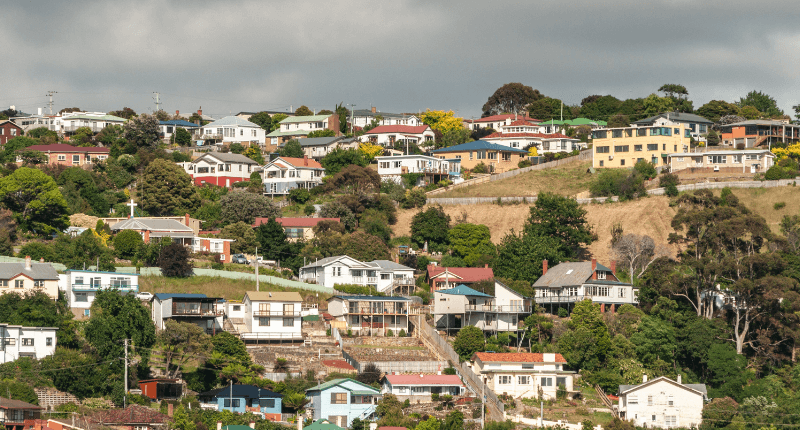A recent survey of over 500 Australian-based tech startups found that only 20 or so were in the ‘proptech’ field. Whereas there were fintechs, govtechs and even orgtechs aplenty, there were very few tech startups that were focussing on one of the largest industrial sectors in the country, property.
Over in Asia, the trend seems to be very different, with real estate companies ramping up their investment in technology in response to the COVID-19 pandemic.
This finding comes from a recent survey of some of the largest property players in Asia.
The survey by independent news source Mingtiandi in collaboration with technology company Yardi Systems, found that 70 per cent of real estate companies are scaling up their investment in innovative technology that reimagines property’s core processes and business models (or ‘proptech’).
“Our latest survey results unearth a major shift towards proptech adoption in our region,” said Yardi’s Regional Director, Bernie Devine.
“Change was underway well before 2020, but COVID-19 has heightened the urgency and amplified the risks of inaction.”
Metaprop, one of the world’s largest early-stage proptech venture capital firm, predicts that proptech innovation will deliver $205 billion of new value to the global real estate industry over the next five years alone.
“Real estate leaders are rolling out technology to support more frequent and accurate reporting, deeper data analysis, and technology that underpins safety and efficiency,” Devine explains.
A total of 180 real estate specialists – more than a third with assets valued at over US$1 billion – took part in the survey in August 2020. Thirty-nine per cent of respondents were from Hong Kong, 26 per cent from Singapore and 12 per cent from China.
Among the key findings, 35 per cent said Asia was still trailing the West in terms of tech adoption, but this was down from 56 per cent in 2017. Thirty per cent said the region was leading the way – up from 12 per cent three years previously.
“There’s a growing perception that Asia is closing the gap with the West. Location shapes perceptions more than any other factor, with just six per cent of respondents in mainland China believing that Asia lagged the world’s leaders,” Devine says.
Respondents named big data analytics (55%), artificial intelligence (42%), business process automation (32%) and the Internet of Things (32%) as the top technology plays for Asia’s property industry over the next five years.
However, Mingtiandi’s survey also suggests some quarters of the real estate sector remain sceptical of the power of technology as an agent of change, with 77 per cent believing real estate trails other industries.
The region’s real estate companies, many of them family-owned, are still slow to adopt new tools. In the era of big data, 56 per cent are still reliant on excel spreadsheets for their work processes.
“But as we start to achieve far superior levels of efficiency and insight from more sophisticated software, digital will dominate. We expect the property companies that seize the lead now will establish an unassailable position in the market in the years ahead,” Devine concludes.
The question remains as to whether the Australian proptech scene will gather some pace, and if the real estate industry here will welcome and engage with these new innovations, or hold them off for longer.
Better ye disrupt one’s self, than be ye disrupted, may go the warning.








